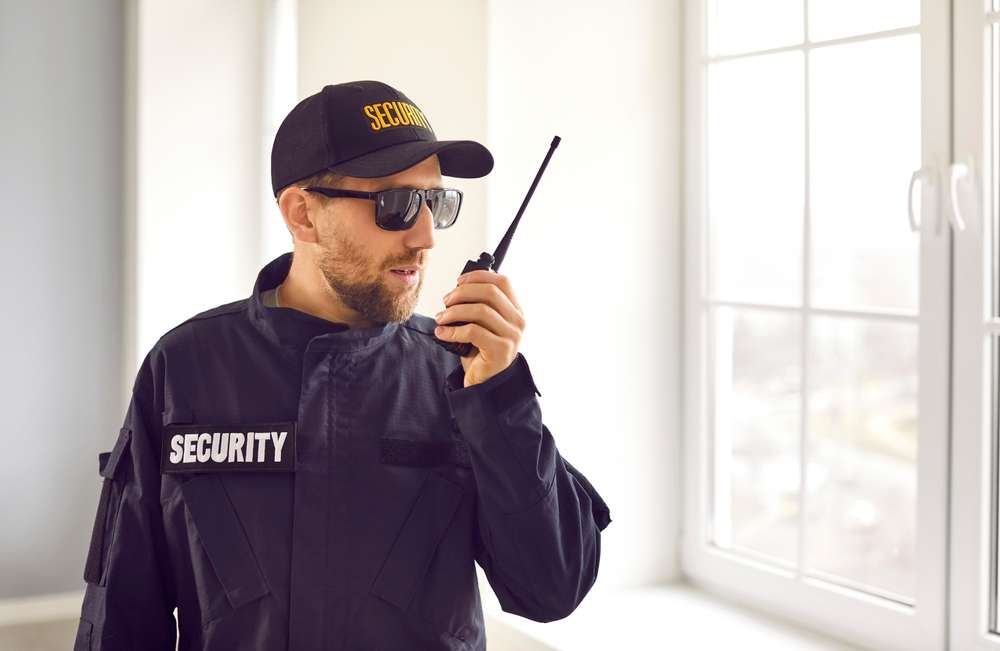Exploring Certified Security Guard Courses: Your Path to a Rewarding Career
In today's security-conscious world, the demand for well-trained security professionals continues to grow. Certified security guard courses offer a structured path to gain the knowledge and skills necessary for a career in protection services. These programmes provide essential training in various aspects of security work, from legal requirements to emergency response procedures. While completing a course doesn't guarantee employment, it can significantly enhance your qualifications and preparedness for roles in the security industry.

What Are Certified Security Guard Courses?
Certified security guard courses are specialised training programmes designed to equip individuals with the fundamental knowledge and skills required in the security profession. These courses typically cover a range of topics, including legal aspects of security work, conflict resolution, emergency procedures, and basic first aid. The certification earned upon successful completion serves as evidence of a candidate’s commitment to professional development and understanding of industry standards.
Why Do These Courses Matter for Security Careers?
Completing a certified security guard course can be a valuable step for those interested in pursuing a career in the protective services field. Many employers prefer or require candidates to have formal training, as it demonstrates a baseline level of knowledge and professionalism. Additionally, these courses often cover region-specific regulations and best practices, ensuring that graduates are well-prepared for the local security landscape.
Key Skills You’ll Gain from Security Guard Courses
Security guard courses aim to develop a comprehensive skill set that is crucial for effective performance in various security roles. Some of the key skills typically covered include:
-
Observation and reporting techniques
-
Legal rights and responsibilities
-
Emergency response and first aid
-
Conflict de-escalation and management
-
Access control and patrol procedures
-
Communication and customer service skills
These skills form the foundation of professional security work and can be applied across various settings, from retail environments to corporate facilities.
Choosing the Right Course for Your Career Goals
When selecting a security guard course, it’s important to consider your career aspirations and the requirements of potential employers in your area. Here are some tips to help you choose the right course:
-
Research local licensing requirements: Ensure the course meets your region’s standards for security guard certification.
-
Check course accreditation: Look for programmes recognised by reputable industry associations.
-
Review the curriculum: Ensure the course covers all essential topics relevant to your career goals.
-
Consider practical training: Courses that offer hands-on experience can be particularly valuable.
-
Investigate job placement assistance: Some programmes may offer support in finding employment after completion.
Course Providers and Certification Options
There are various providers offering certified security guard courses, each with its own focus and strengths. Here’s a comparison of some well-known course providers in the UK:
| Provider | Course Duration | Key Features | Cost Estimation |
|---|---|---|---|
| SIA Approved Training Centres | 4 days | SIA licence linked, recognised nationwide | £180 - £250 |
| National Security Training | 5 days | Includes first aid certification | £220 - £300 |
| Security Industry Specialists | 3-5 days | Online and in-person options | £150 - £280 |
| Professional Security Academy | 6 days | Advanced conflict management module | £250 - £350 |
Prices, rates, or cost estimates mentioned in this article are based on the latest available information but may change over time. Independent research is advised before making financial decisions.
Career Prospects After Course Completion
While completing a certified security guard course enhances your qualifications, it’s important to note that these are training programmes and not direct pathways to specific job openings. Graduates typically need to actively seek employment opportunities in the security industry. Career prospects can include roles such as:
-
Static security guard
-
Mobile patrol officer
-
Retail security officer
-
Corporate security professional
-
Event security staff
The security industry offers diverse opportunities, and additional specialised training or experience may open doors to more advanced positions over time.
In conclusion, certified security guard courses provide a solid foundation for those looking to enter or advance in the protective services field. By offering a mix of theoretical knowledge and practical skills, these programmes prepare individuals for the challenges of modern security work. While course completion is a valuable step, it’s part of a broader journey towards a career in security, requiring ongoing learning, experience, and professional development.




